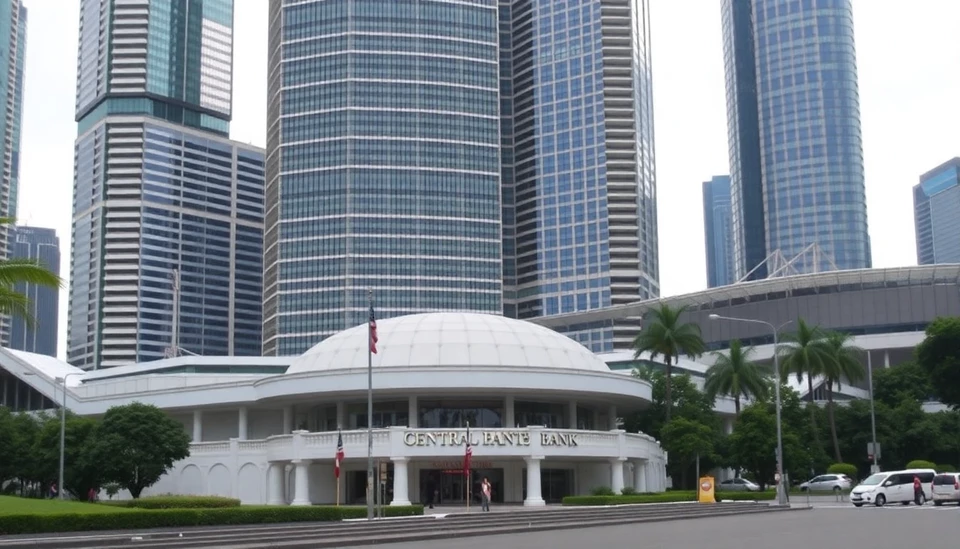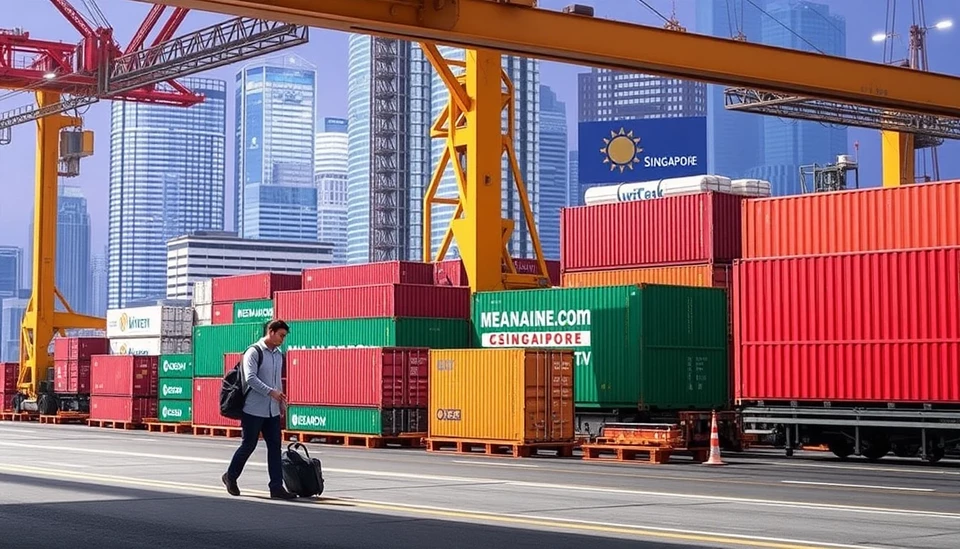
In a significant policy shift, the Monetary Authority of Singapore (MAS) has announced an easing of its monetary policy in response to growing volatility in global trade conditions. The decision comes as various economic pressures, particularly stemming from geopolitical tensions and supply chain disruptions, threaten to impact Singapore’s export-driven economy.
The MAS has decided to lower the rate of appreciation of its nominal effective exchange rate policy band, which signals a move towards a less restrictive monetary environment. Market analysts regard this decision as a clear indication that the central bank is prioritizing economic stability over aggressive inflation control, a move that suggests they are preparing for potential slower growth ahead.
This adjustment arrives at a critical time, as Singapore continues to grapple with challenges posed by fluctuating demand from key trading partners, including China and the United States. Economic analysts have warned that as global trade becomes increasingly unpredictable, maintaining robust growth in the face of these challenges will require prudent policy measures.
In its statement, the MAS emphasized the need to provide further support to the economy, highlighting that there is a growing risk of economic slowdown. “The global trade outlook has become more uncertain,” the MAS noted, which warranted the decision to ease policy. This shift aims to boost domestic demand, thereby stabilizing the economic landscape amidst external pressures.
Local businesses have welcomed this policy change, expressing that a more accommodative monetary policy could help stimulate investment and consumer spending, both critical drivers of Singapore’s economic health. However, economists remain cautious, warning that while the easing might provide short-term relief, the underlying economic challenges will require more comprehensive strategies in the long run.
As the situation evolves, policymakers will be closely monitoring economic indicators to ensure that the measures taken are adequate in addressing the anticipated trade volatility. The MAS's current stance is seen as a proactive approach to safeguarding Singapore's economic interests against potential downturns in global trade dynamics.
As more updates unfold, Singapore’s economic strategies will likely remain in the spotlight, especially given the delicate balance between fostering growth and controlling inflation.
Overall, the easing of Singapore's monetary policy signals a cautious and adaptable approach as the nation navigates through uncertain global trade waters, striving to maintain its status as a resilient economic hub in Asia.
#Singapore #CentralBank #MonetaryPolicy #TradeVolatility #Economy #FinancialNews #MAS
Author: Daniel Foster




